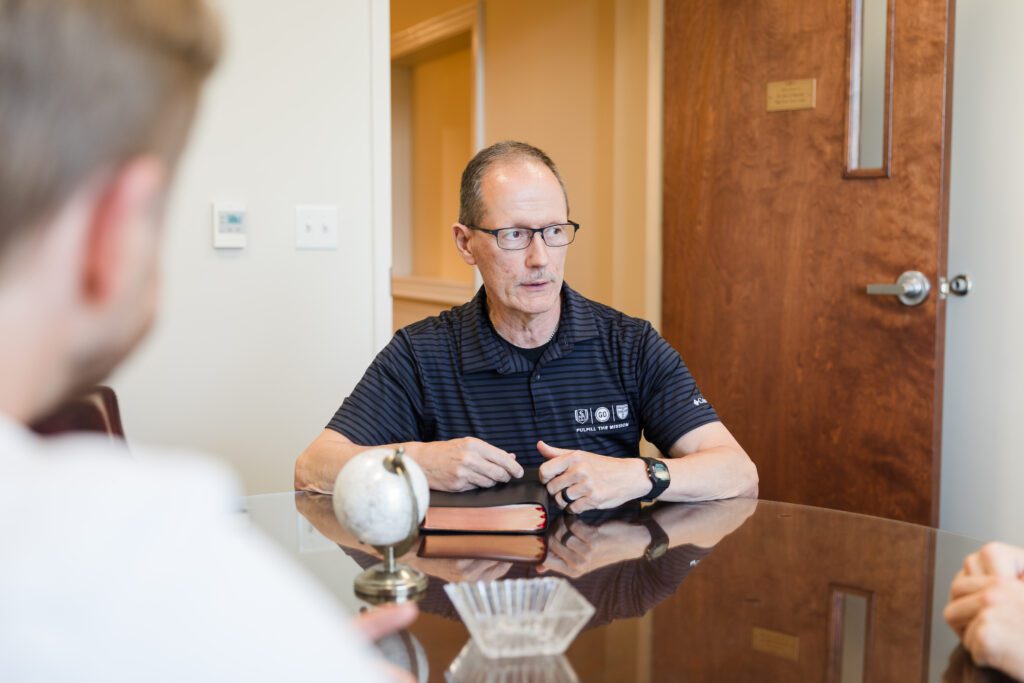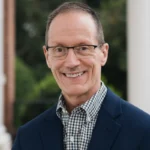Leading a church to be a discipling church—especially if that’s never been their focus—is not easy. You might, in fact, be learning that truth the hard way. Here are some obstacles to effective discipleship in the church:
- Leaders who themselves haven’t been discipled don’t really know how to disciple others. It’s hard to teach what you’ve never experienced—and . . . it’s even harder to admit that you haven’t been discipled.
- Many believers assume they’re already discipled. That’s because too many churches have defined discipleship as, “If you attend small groups and worship, you’re discipled.”
- Few churches have a clear discipleship pathway. Even if they’re trying to do discipleship, their strategy is disconnected and unclear.
- Many discipleship strategies have limited discipleship to “information transfer.” That is, that you’ve gained knowledge matters most, and too little attention is given to what you do with that knowledge.
- Good discipleship requires leaders to re-focus much of what they do. Discipleship requires intentional focus—which means leaders must adjust their schedules, typically by giving up something.
- Other leaders tried to do discipleship, but gave up too soon. Every previous failure contributes to the church’s “We’ve tried that already” defeated thinking.
- Many leaders think only in terms of “bigger is better” and “crowds are greater.” When that’s your philosophy—or, you’ve even been trained that way—one-to-one or one-to-a-few disciplemaking seems to be an inefficient use of time and energy.
- Some of us are impatient—and discipleship takes time. Even when we live under the power of the Spirit, our growth into Christlikeness is seldom a quick process. In fact, it doesn’t end this side of heaven.
- At least in North America, many of us are independent and self-sufficient. Leaning on other believers (or simply looking to them for guidance) seems to be an expression of weakness.
- We don’t want to admit our struggles, and we don’t like to deal with the struggles others have. It’s just easier to have superficial relationships—and that’s not discipleship.
- Few churches or church leaders get recognized publicly for being great disciplemaking churches. Their leaders aren’t featured in newsletters, and they’re not typically on the platforms of our denominations. There’s no recognition in the task.
So, do we give up in this work? No, we recognize the obstacles and push around them. Making disciples is not optional for us.
Editor’s note: This article was originally published at chucklawless.com.

MDiv Preaching and Pastoral Ministry
The Preaching and Pastoral Ministry track prepares students for pastoral ministry in the local church with a special emphasis on expository preaching.




No comments have been added.